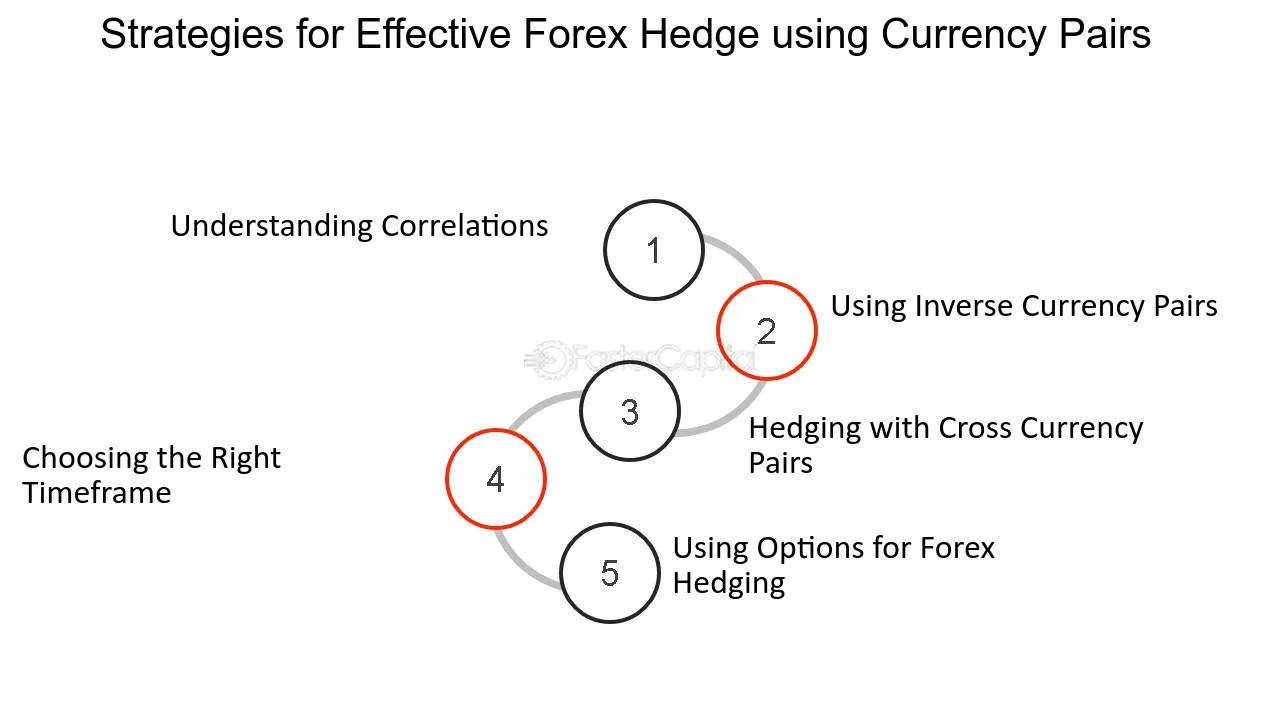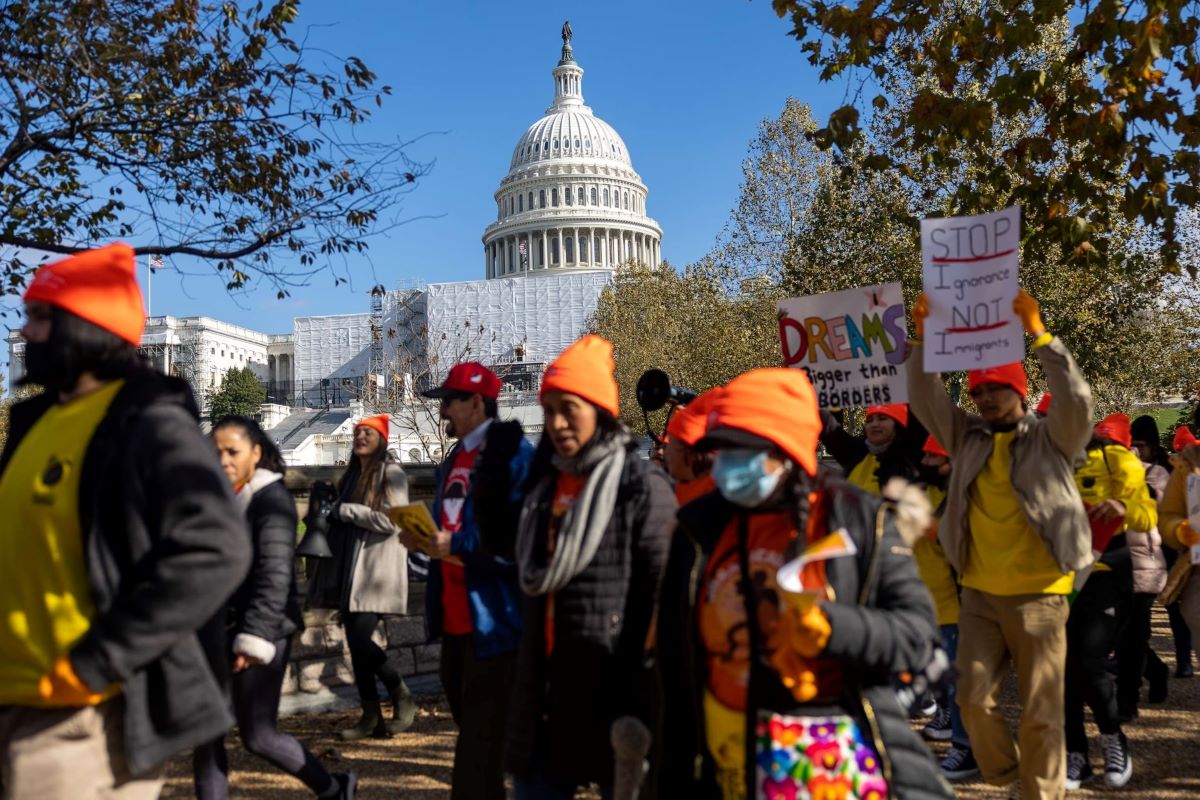Home>Finance>What Happens If You Don’t Pay The Minimum Payment On A Student Loan


Finance
What Happens If You Don’t Pay The Minimum Payment On A Student Loan
Published: February 26, 2024
Learn the consequences of not paying the minimum on your student loan. Understand the financial impact and how to avoid potential pitfalls. Discover expert tips on managing your finances effectively.
(Many of the links in this article redirect to a specific reviewed product. Your purchase of these products through affiliate links helps to generate commission for LiveWell, at no extra cost. Learn more)
Table of Contents
Introduction
Introduction
Student loans are a vital financial tool for many individuals seeking higher education. However, failing to make the minimum payments on these loans can have serious repercussions. In this article, we will explore the potential consequences of missing minimum payments on a student loan. It’s important to understand the impact of delinquency and default on student loans, as it can significantly affect an individual’s financial well-being and future opportunities.
When borrowers are unable to make the minimum payment on their student loans, it can lead to a cascade of negative outcomes. From damaging their credit score to facing legal action, the ramifications of missed payments are far-reaching. Understanding these consequences is crucial for borrowers to take proactive steps to address their financial obligations and avoid escalating problems.
Moreover, the implications of missing student loan payments extend beyond the individual borrower. They can also impact the broader economy and the availability of financial aid for future students. By shedding light on the potential fallout of delinquency and default, we aim to provide valuable insights that can help borrowers navigate their student loan repayment responsibly.
Consequences of Missing Minimum Payments
When borrowers fail to make the minimum payments on their student loans, they may face a range of serious consequences that can have lasting impacts on their financial well-being. Understanding these potential repercussions is essential for borrowers to grasp the gravity of delinquency and take proactive steps to address their financial obligations.
One of the immediate consequences of missing minimum payments on a student loan is the accrual of late fees and penalties. These additional charges can exacerbate the borrower’s financial burden, making it even more challenging to catch up on overdue payments.
Furthermore, delinquency on student loans can lead to damage to the borrower’s credit score. A lower credit score can affect the individual’s ability to secure future loans, rent an apartment, or even obtain employment, as many employers conduct credit checks as part of the hiring process.
As missed payments accumulate, borrowers may find themselves in default. Defaulting on a student loan can have severe implications, including the acceleration of the entire loan balance, making it due in full immediately. This can place an overwhelming financial strain on the borrower, leading to further distress and potential financial hardship.
Additionally, the federal government has the authority to garnish wages, seize tax refunds, and even offset Social Security benefits to recover unpaid student loan debt. These enforcement actions can significantly impact a borrower’s financial stability and quality of life.
Overall, the consequences of missing minimum payments on a student loan are multifaceted and can create a domino effect of financial challenges for the borrower. By recognizing these potential outcomes, borrowers can take proactive measures to address their student loan obligations and avoid the detrimental effects of delinquency and default.
Impact on Credit Score
Missing minimum payments on a student loan can have a profound impact on the borrower’s credit score. A credit score is a numerical representation of an individual’s creditworthiness and financial responsibility, and it plays a pivotal role in determining their ability to secure future credit and favorable interest rates.
When a borrower becomes delinquent on their student loan payments, their credit score is likely to suffer. Late payments and delinquencies are reported to credit bureaus, resulting in a negative mark on the borrower’s credit report. This can lower their credit score, making it more challenging to qualify for loans, credit cards, or other financial products in the future.
Moreover, a lower credit score can have far-reaching implications beyond the realm of borrowing. Landlords often conduct credit checks as part of the rental application process, and a poor credit score may hinder the borrower’s ability to secure housing. Additionally, some employers review credit histories as part of the hiring process, and a damaged credit score could potentially impact the borrower’s job prospects.
Furthermore, a diminished credit score can lead to higher interest rates on future loans, including auto loans and mortgages. This means that even if the borrower is able to access credit, they may face significantly higher borrowing costs, resulting in increased financial strain over time.
It is crucial for borrowers to recognize the direct correlation between missed student loan payments and credit score damage. By understanding the impact on their creditworthiness, borrowers can make informed decisions and take proactive steps to mitigate the negative effects of delinquency on their financial standing.
Accrued Interest and Fees
Missing minimum payments on a student loan can lead to the accrual of substantial interest and fees, further exacerbating the borrower’s financial burden. When payments are not made on time, interest continues to accumulate on the outstanding loan balance, resulting in a higher overall repayment amount.
Interest accrual on delinquent student loans can significantly increase the total amount owed, making it more challenging for borrowers to repay the debt. This can lead to a prolonged repayment period and greater overall interest costs, amplifying the financial strain on the borrower.
Additionally, late fees and penalties may be imposed for each missed payment, compounding the financial impact of delinquency. These additional charges further inflate the outstanding balance, making it even more difficult for the borrower to catch up on overdue payments and regain financial stability.
Furthermore, if the student loan enters default, collection costs and fees may be added to the total amount owed. Collection agencies engaged to recover the outstanding debt may charge fees, which are then passed on to the borrower, further increasing the financial burden and complicating the repayment process.
Overall, the accrual of interest and fees as a result of missing minimum payments on a student loan can significantly inflate the total repayment amount, prolong the repayment period, and create additional financial strain for the borrower. Understanding the implications of interest accrual and fees is crucial for borrowers to grasp the full extent of the financial consequences associated with delinquency and default on student loans.
Legal Action and Collection Agencies
When minimum payments on a student loan are consistently missed, the lender or loan servicer may take legal action to recover the outstanding debt. This can have serious implications for the borrower, including potential court proceedings and the involvement of collection agencies.
Legal action initiated by the lender can result in a judgment against the borrower, leading to wage garnishment, wherein a portion of the borrower’s earnings is withheld to satisfy the debt. This can significantly impact the borrower’s financial stability and disposable income, making it challenging to meet ongoing living expenses and other financial obligations.
Furthermore, the federal government has the authority to offset tax refunds and Social Security benefits to recover unpaid student loan debt. This enforcement action can further compound the financial hardship faced by the borrower, impacting their ability to maintain a comfortable standard of living.
Moreover, when a student loan enters default, the lender may enlist the services of collection agencies to pursue the outstanding debt. Collection agencies can employ aggressive tactics to recover the funds, including frequent communication with the borrower, which can be stressful and intrusive.
Additionally, the involvement of collection agencies can result in additional fees and costs being added to the total amount owed, further increasing the financial burden on the borrower. These collection costs can significantly inflate the overall repayment amount, making it even more challenging for the borrower to resolve the delinquent student loan.
Overall, the prospect of legal action and the involvement of collection agencies are serious consequences of missing minimum payments on a student loan. Understanding these potential outcomes is crucial for borrowers to grasp the severity of delinquency and take proactive steps to address their financial obligations before the situation escalates to the point of legal intervention.
Options for Dealing with Missed Payments
For individuals facing challenges in making the minimum payments on their student loans, there are several options available to address the situation and avoid further financial distress. It is essential for borrowers to explore these alternatives and take proactive steps to manage their student loan repayment responsibly.
One potential avenue for managing missed payments is to contact the loan servicer or lender to discuss the situation. In some cases, they may offer forbearance or deferment options, which allow borrowers to temporarily pause or reduce their loan payments. This can provide much-needed relief for individuals experiencing financial hardship, giving them time to stabilize their financial situation before resuming regular payments.
Another option is to explore income-driven repayment plans, which base the monthly payment amount on the borrower’s income and family size. These plans can make the repayment more manageable for individuals facing financial challenges, ensuring that the monthly payment aligns with their current financial capacity.
Consolidating multiple federal student loans into a single Direct Consolidation Loan is another potential strategy for simplifying the repayment process. This can streamline the loan repayment and potentially lower the monthly payment amount, making it more feasible for the borrower to manage their financial obligations.
For borrowers with private student loans, contacting the lender directly to discuss the situation and explore potential repayment options is crucial. Some private lenders may offer hardship programs or alternative repayment arrangements to assist borrowers in managing their loan obligations during challenging times.
Additionally, seeking guidance from a reputable credit counselor or financial advisor can provide valuable insights and assistance in navigating the student loan repayment process. These professionals can offer personalized advice and support, helping borrowers explore viable solutions and make informed decisions regarding their financial situation.
Overall, understanding the various options for dealing with missed payments on student loans is essential for borrowers facing financial difficulties. By proactively exploring these alternatives and engaging with loan servicers or lenders, individuals can take steps to address their student loan obligations and avoid the detrimental consequences of delinquency and default.
Conclusion
Missing the minimum payments on a student loan can have far-reaching and detrimental consequences for borrowers. From damaging credit scores to accruing substantial interest and facing potential legal action, the ramifications of delinquency and default are significant. It is crucial for individuals to recognize the severity of these potential outcomes and take proactive steps to address their student loan obligations responsibly.
Understanding the impact of missed payments on credit scores, financial stability, and overall well-being is essential for borrowers to navigate their student loan repayment effectively. By exploring options such as forbearance, deferment, income-driven repayment plans, and loan consolidation, individuals can take proactive measures to manage their student loan obligations during challenging times.
Moreover, seeking guidance from financial professionals and engaging with loan servicers or lenders to discuss the situation can provide valuable support and insights. By taking a proactive and informed approach to managing missed payments, borrowers can mitigate the negative effects of delinquency and avoid the potential escalation to default and legal intervention.
Ultimately, the implications of missing minimum payments on a student loan underscore the importance of financial responsibility and proactive financial management. By staying informed, exploring available options, and communicating with relevant parties, individuals can navigate their student loan repayment effectively and safeguard their financial well-being.
It is crucial for borrowers to recognize that addressing missed payments and managing student loan obligations responsibly can lead to long-term financial stability and mitigate the detrimental effects of delinquency and default. By taking proactive steps to address their financial challenges, individuals can work towards a brighter financial future and avoid the enduring consequences of student loan delinquency.














